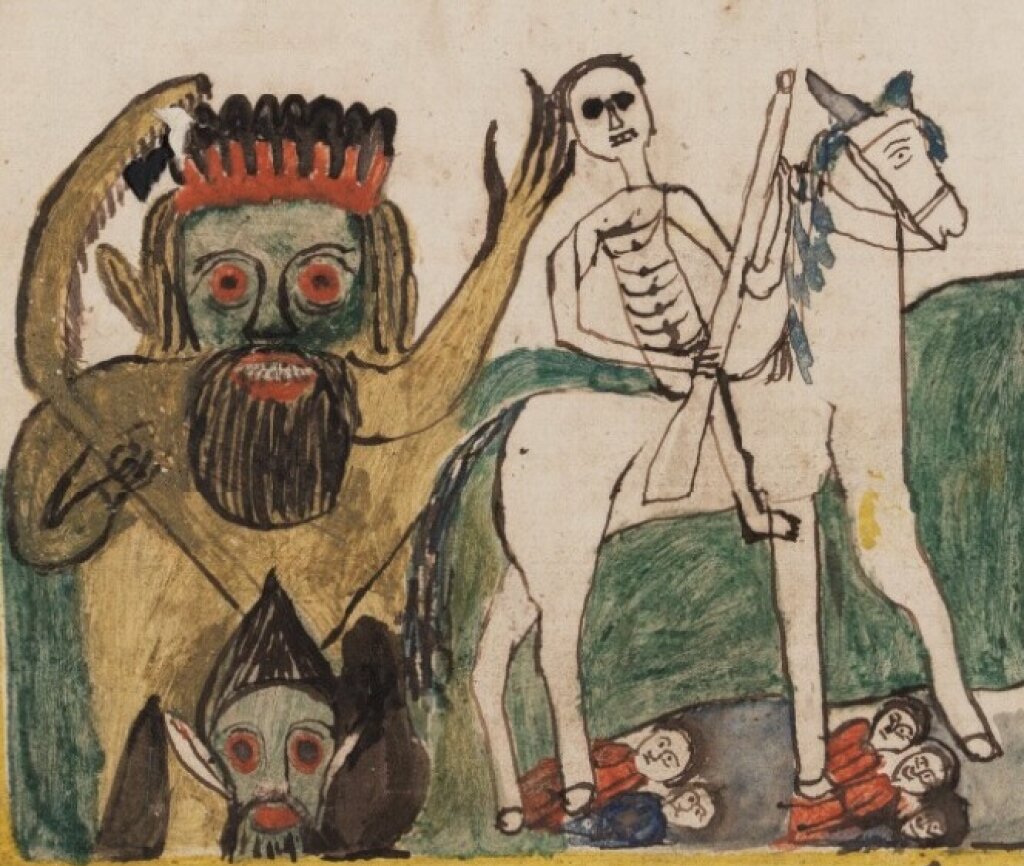Join us for the last 19v seminar this semester! The event is online only. Register for Zoom.
18th- and early 19th-century Russian monarchs legitimized their rule through what Richard Wortman called the “heroic myth”: Catherine the Great as Minerva, Paul I as a knight, Alexander I as angelic leader against Napoleon. By the reign of Nicholas I, this paradigm was said to have given way to the dominance of bureaucratic routine and what Susan Smith-Peter deemed the “era of small reforms.” In his research Maksimishin argues, however, that the heroic scenario persisted as a spectral presence within routine governance, producing constant tension between everyday administration and the possibility of sudden sovereign eruption. One of the central idioms through which this lingering potential was imagined was incognito: authority that appeared hidden and ordinary before suddenly revealing itself with overwhelming force. Maksimishin calls this dynamic spectral sovereignty: the haunting presence of sovereign intervention within the seemingly prosaic operations of Nicholas I’s bureaucratic state.
The most famous examples of incognito in Nicholas I’s Russia come from Gogol’s “The Government Inspector” and, partly, Dead Souls, where provincial society mistakes banal figures for officials of immense power. Yet at the center of this talk are less familiar cases: surprising parallels to Gogol’s visions of incognito that he found in the archives of the Old Believer sect of the stranniki. Having rejected all ties to the state, the stranniki interpreted its bureaucratic documents as signs of the Antichrist and imagined imperial commissions arriving in disguise. In this talk, based on several archival cases, Maksimishin will demonstrate that their vision of the hidden Antichrist developed under the influence of the Nicholaevan scenario of power. He will also show how the transformations in the model of leadership within the sect during the second quarter of the nineteenth century were shaped by this same idiom of incognito, with leaders exercising authority through secrecy and sudden appearance. Taken together, these cases reveal how incognito became a shared language of sovereignty across the cultural, administrative, and sectarian landscapes of Nicholas I’s Russia.
SPEAKER: Fedor Maksimishin (University of Michigan)
SOBESEDNIK: Ilya Kliger (New York University)



